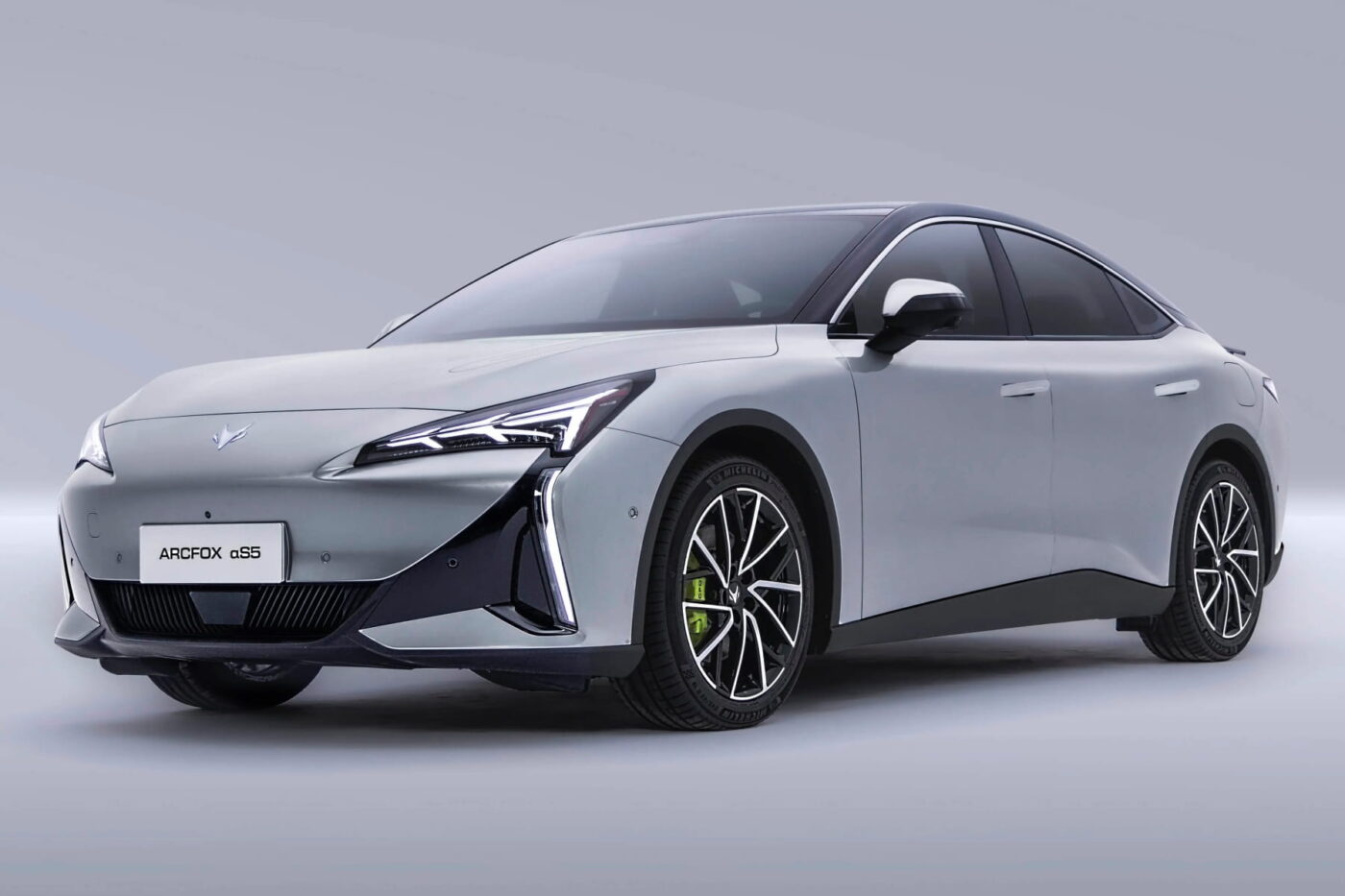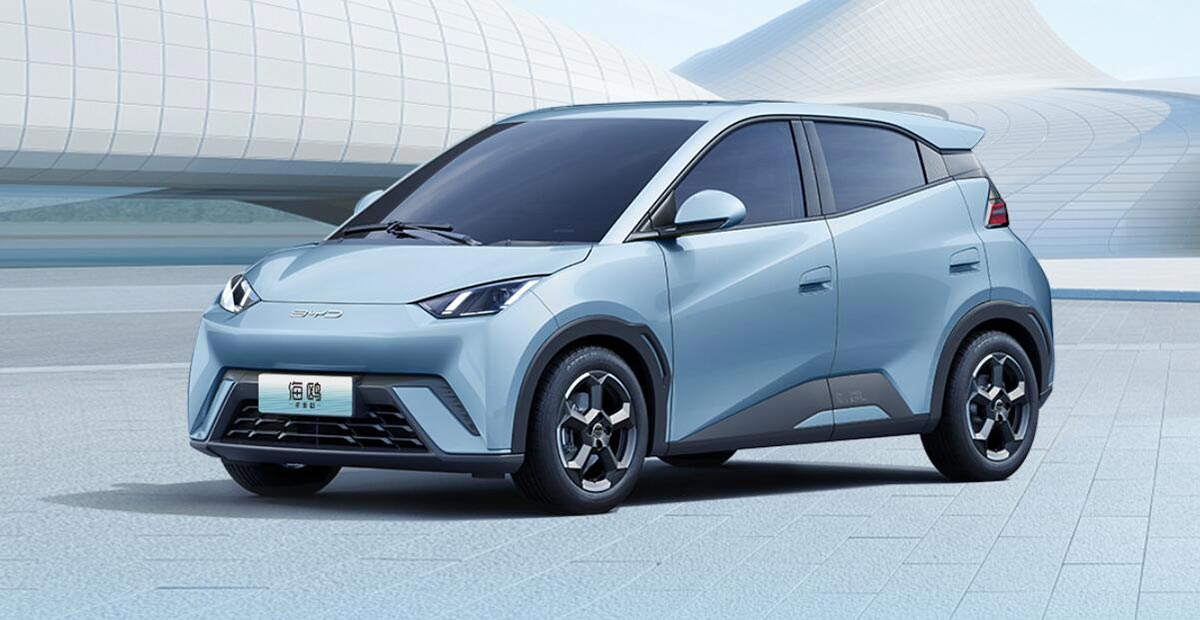A recent survey conducted by the China Chamber of Commerce to the EU and the China Economic Information Service revealed that the European Union’s anti-subsidy investigation into Chinese electric vehicles has significantly impacted Chinese firms’ confidence in investing in Europe, while also cooling their EV sales in the region. The survey, conducted in April and May, highlighted several key findings regarding Chinese EV manufacturers and their operations in Europe.
According to the survey, a staggering 82% of vehicle and industry chain firms expressed that the subsidy investigation had eroded their confidence in investing in Europe in the near future. Additionally, 73% of respondents reported a decline in sales in the European market as a direct result of the investigation.
See also: China Opposes EU’s Planned Tariffs on Chinese EVs, Warns of Trade War
Furthermore, the investigation has also had other adverse effects on Chinese EV firms’ operations in Europe. A majority of companies stated that collaboration with European partners, such as distributors and leasing companies, was either delayed or scaled back. Moreover, the EU probe has damaged the image of Chinese EV brands in Europe, making it more challenging to attract top European talent.
The European Commission, responsible for trade policy in the 27-nation bloc, recently announced plans to impose additional duties of up to 38.1% on Chinese producers like BYD, Geely, and SAIC, as well as on Chinese-built cars of Tesla and other western automakers. In response, Chinese automakers have reportedly urged Beijing to increase tariffs on imported European gasoline-powered cars.
See also: EU to Impose Tariffs on Chinese EVs, Excluding Tesla, in Anti-Subsidy Move
Despite these challenges, the survey highlighted that Chinese EV makers remain committed to Europe as a key strategic market and plan to expand their presence in the region. A majority of respondents indicated that they intend to establish factories in Europe within the next five years, demonstrating a long-term commitment to the European market.
“While increasing localization in Europe remains a long-term strategic goal for these companies, the EU’s actions have clearly dampened enthusiasm for such efforts,” the report stated.
This survey underscores the complex dynamics at play in the global electric vehicle market, where regulatory actions in one region can have far-reaching effects on companies operating in another.







